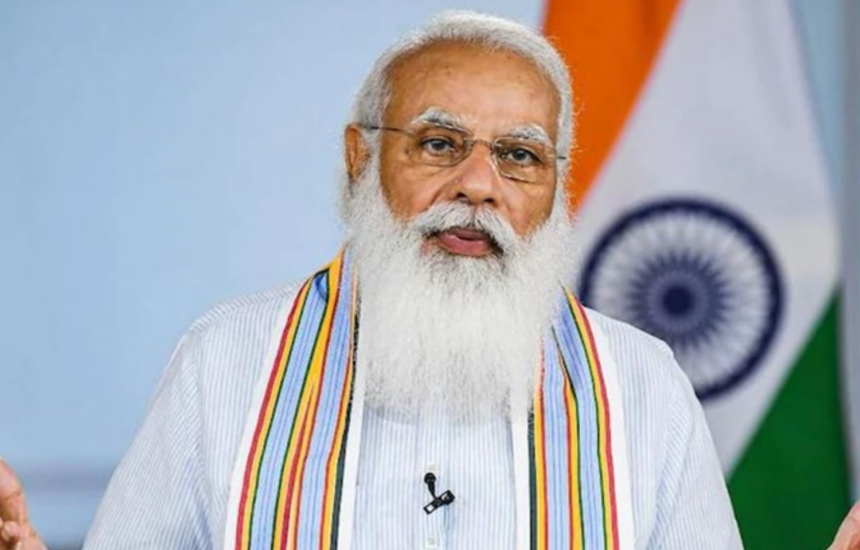
In a remarkable development, as many as 4,314 Indian Muslim women embarked on the Haj pilgrimage this year without a ‘Mahram’ (male companion), marking the largest number of solo female pilgrims since the reform in 2018. This significant milestone was celebrated by Prime Minister Narendra Modi during the 103rd edition of his radio programme, ‘Mann ki Baat’, where he expressed gratitude to the Saudi Arabian government for changing the Haj policy, enabling these women to fulfil their spiritual journey independently.
The move to allow women to travel without the permission of a male relative was introduced by Saudi Arabia in 2019, signifying a progressive shift in their stance on women’s rights. This year, it bore profound fruits, as over 4,000 Muslim women from India embraced the opportunity to participate in the Haj pilgrimage without being accompanied by men.
The Prime Minister conveyed that he was moved by the letters of joy and blessings received from these Muslim women who had completed their Haj journey. For many, this was a long-awaited dream come true, as previous restrictions prevented them from undertaking the pilgrimage without a male companion. PM Modi referred to this policy change as “transformative,” and emphasized that the number of women participating in Haj from India unaccompanied by men was not just a few hundred but an overwhelming 4,000.
The Indian government had also played a role in promoting inclusive practices for Haj pilgrims. The discretionary Haj quota, which was previously available to top constitutional posts and the minority affairs ministry, was abolished. Additionally, the Haj subsidy was discontinued, with the government citing misuse of funds.
The Ministry of Minority Affairs ensured comprehensive arrangements for the health and well-being of the pilgrims, providing health desks at airports and medical screenings conducted by government doctors.
PM Modi’s focus on Muslim women comes in the backdrop of several initiatives aimed at empowering the community, starting with the criminalization of Triple Talaq. This inclusionary approach was evident in the recent appointment of former Vice-Chancellor of Aligarh Muslim University, Tariq Mansoor, as one of the BJP’s Vice Presidents. Mansoor, a pasmanda Muslim, has been actively working with the Rashtriya Swayamsevak Sangh (RSS) to promote the teachings of Mughal prince Dara Shikoh on peaceful coexistence between Hindus and Muslims.
Another BJP Vice President, Abdulla Kutty, who previously belonged to the CPM and Congress, has also been vocal in praising PM Modi’s governance model. His appointment last year and leadership of the Haj committee reflect the BJP’s efforts to strengthen its position politically and ideologically in Kerala.
The Haj pilgrimage, one of the largest religious gatherings globally, sees millions of pilgrims from across the world visiting Mecca every year. India sends the third-largest contingent of pilgrims, with a quota of 1,75,025 allotted for this sacred journey.
This year’s Haj was not only a demonstration of spiritual devotion but also a testament to the ongoing efforts to empower and uplift Muslim women, enabling them to participate in the pilgrimage without restrictions and fostering greater gender equality within the community. The government’s acknowledgment of the significance of this milestone showcases its commitment to fostering an inclusive society, where every individual is granted equal opportunities to pursue their faith and dreams.







